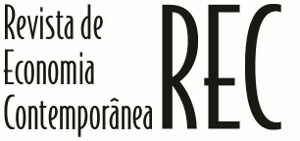The objective of this study is to measure the educational efficiency of higher education in Brazil, in the period between 2004 and 2008, focusing on the Federal Institutions of Higher Education (FIHE). To achieve this purpose, educational efficiency scores were measured by a DEA-SBM analysis. Indicators of educational management of the institutions were considered, observing them in two subsets: group A containing twenty eight institutions and group B with twenty one. The results indicate higher rates of educational efficiency in the periods designated for this research. The causes of inefficiency in educational production at the FIHEs vary according to the two groups analyzed: for the majority of FIHEs in group A, the high number of students per professor and the increase in cost per student were causes of inefficiency; in group B the factors that most compromised efficiency were the high number of students per professor and staff, as well as the qualification index of the faculty. Moreover, the low rate of success in undergraduate courses and the CAPES-MEC ranking of graduate courses, represented inefficiency factors in the FIHEs.
Efficiency; education; universities










